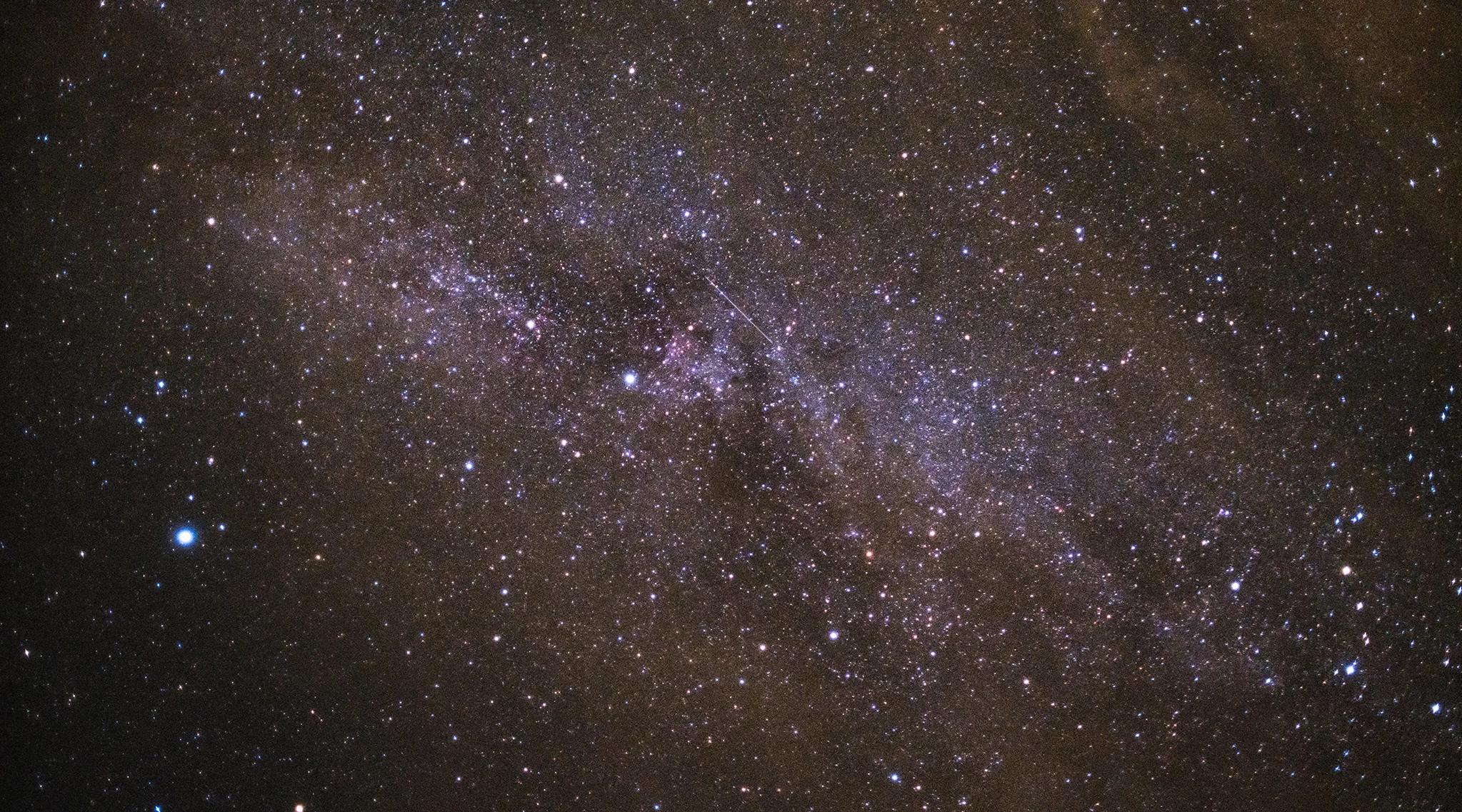Author: David Wilber
If you start reading the Bible from the beginning of Genesis, you can’t even get four words in without being confronted with two profound truth claims. First, there was a beginning. Second, God exists:
In the beginning, God created the heavens and the earth. (Genesis 1:1)
Is there a way to know if these claims are true? Are there good reasons to believe that God exists and that He created the universe? First we’ll need to look at whether or not there was indeed a beginning. The answer to that will inform us as to whether or not there is any truth to the second claim that God exists.
Did The Universe Begin to Exist?
Atheists argue that the universe is uncaused and eternal in the past. But, as philosopher William Lane Craig explains, there are logical reasons to reject that idea:
If the universe never began to exist that means that the number of past events in the history of the universe is infinite. But mathematicians recognize that the existence of an actually infinite number of things leads to self-contradictions. For example, what is infinity minus infinity? Well, mathematically you get self-contradictory answers. This shows that infinity is just an idea in your mind, not something that exists in reality […] But that entails that since past events are not just ideas, but are real, the number of past events must be finite. Therefore, the series of past events can't go back forever. Rather, the universe must have begun to exist.
The idea that the universe is eternal in the past not only has logical problems, but science also flies in the face of that idea. For instance, the second law of thermodynamics informs us that the universe is gradually running out of usable energy. Thus, if the universe is eternal in the past, all of the usable energy would already have run out. Furthermore, discoveries in astronomy and astrophysics further substantiate the claim that the universe had a beginning. Craig explains further:
In one of the most startling developments of modern science, we now have pretty strong evidence that the universe is not eternal in the past but had an absolute beginning about thirteen billion years ago in a cataclysmic event known as the Big Bang. What makes the Big Bang so startling is that it represents the origin of the universe from literally nothing; for all matter and energy, even physical space and time themselves, came into being at the Big Bang.
Since the atheist doesn’t believe in a God who created the universe, he has no choice but to believe that the universe came into existence from nothing. But that’s silly. Things don’t just come into existence uncaused. As Craig puts it, “Out of nothing, nothing comes.” Everything we observe in our physical universe confirms that whatever begins to exist must have a cause. In philosophy this is known as The Kalam Cosmological Argument, and it can be framed as follows:
1. Whatever begins to exist has a cause.
2. The universe began to exist.
3. Therefore, the universe has a cause.
If you accept the truth of both premises, the conclusion logically follows. The universe has a cause. So then what or who caused the universe to come into existence?
Since space and time themselves came into existence at the beginning of the universe, whatever caused it must therefore be beyond space and time. Furthermore, since all matter came into existence at the beginning, the cause must also be immaterial. And this goes without saying, but whatever brought the universe into existence must also be immensely powerful. So you have a timeless, spaceless, immaterial, immensely powerful creator of the universe. Sounds a lot like God!
Thus, the reality of the beginning of the universe affirms the existence of God.
"But Who Created God?"
In response to this argument, a common objection you’ll often hear from atheists is that in order for God to exist, He must likewise need something or someone to cause His existence. But this is a misunderstanding of the argument. The Kalam Cosmological Argument does not assert that whatever exists has a cause; rather, whatever begins to exist has a cause.
Logically, since the number of past events cannot go back forever, a First Cause must precede all else. God is that First Cause. Therefore, by definition, He never began to exist. So God, being the First Cause and thus necessarily existent, does not need to be caused. As a friend of mine puts it, asking who created God is like asking what caused an uncaused thing. The question just doesn’t make sense.
In conclusion, you can feel confident in accepting these two truth claims found in the first four words of the Bible. There was a beginning and God does exist. May God reveal Himself to you in greater depth as you seek Him and study His Word.
About David Wilber
David is first and foremost a passionate follower of Yeshua the Messiah. He is also a writer, speaker, and teacher.
David’s heart is to minister to God’s people by helping them rediscover the validity and blessing of God’s Torah and help prepare them to give an answer to anyone who asks about the hope within them (1 Peter 3:15)…
































